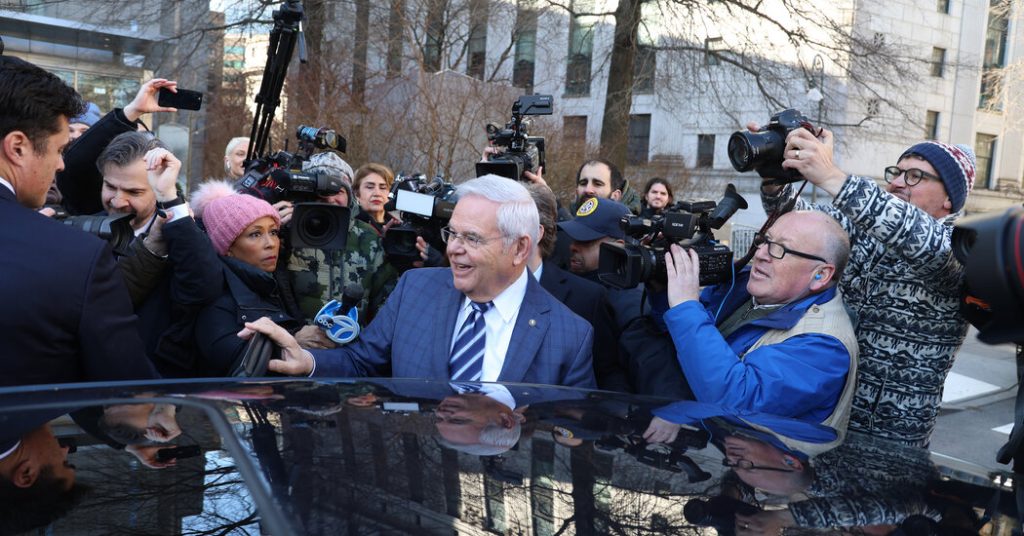A recent decision by a federal judge in New Jersey could potentially transform the state’s election system by overhauling the format of primary election ballots in 19 out of 21 counties. Historically, these ballots have favored candidates endorsed by party leaders, a system that is unique to New Jersey. The judge’s ruling came as a response to a lawsuit filed by three Democratic candidates seeking to challenge this practice and open up the electoral process to new voices within both major parties.
The lawsuit, filed by Representative Andy Kim and two other Democratic candidates, aimed to challenge the dominance of party-backed candidates on the ballot. The judge’s decision, which currently only affects Democratic primaries, requires a redesign of the ballot format to remove the prominent grouping of party-endorsed candidates. This move could potentially level the playing field for lesser-known candidates and disrupt the traditional power dynamics within the state’s political landscape.
While the decision primarily impacts Democratic primaries, some Republican candidates are also expressing support for changing the ballot system. For example, Christine Serrano Glassner, a Republican Senate candidate aligned with former President Donald J. Trump, has spoken out in favor of eliminating the current ballot format. This sentiment suggests that the potential changes to the election process could have broader implications for political participation and candidate selection across party lines in New Jersey.
The ruling by the federal judge represents a significant development in the ongoing battle to reform New Jersey’s election system and reduce the influence of party bosses in candidate selection. If the decision withstands potential appeals, it could pave the way for a more open and competitive electoral environment in the state. The timeline for implementing the new ballot format is tight, with a federal deadline for sending out overseas and military ballots looming, putting pressure on local officials to comply with the judge’s order.
Despite initial resistance from some county clerks who are considering appealing the decision, others have already indicated that they will comply with the ruling to revise the ballot format. This mixed response highlights the complexity of implementing changes to the election process and the varying perspectives of stakeholders involved in the legal battle. The upcoming June 4 primary will offer the first test of how the redesigned ballots impact candidate selection and voter engagement in New Jersey.
The potential long-term implications of the judge’s decision on the election system in New Jersey remain to be seen. If the overhaul of the primary election ballot format is successfully implemented, it could usher in a new era of political competition and candidate diversity in the state. The outcome of this legal battle and the subsequent changes to the electoral process have the potential to reshape New Jersey’s party politics and open up opportunities for new voices and perspectives to participate in the democratic process.


